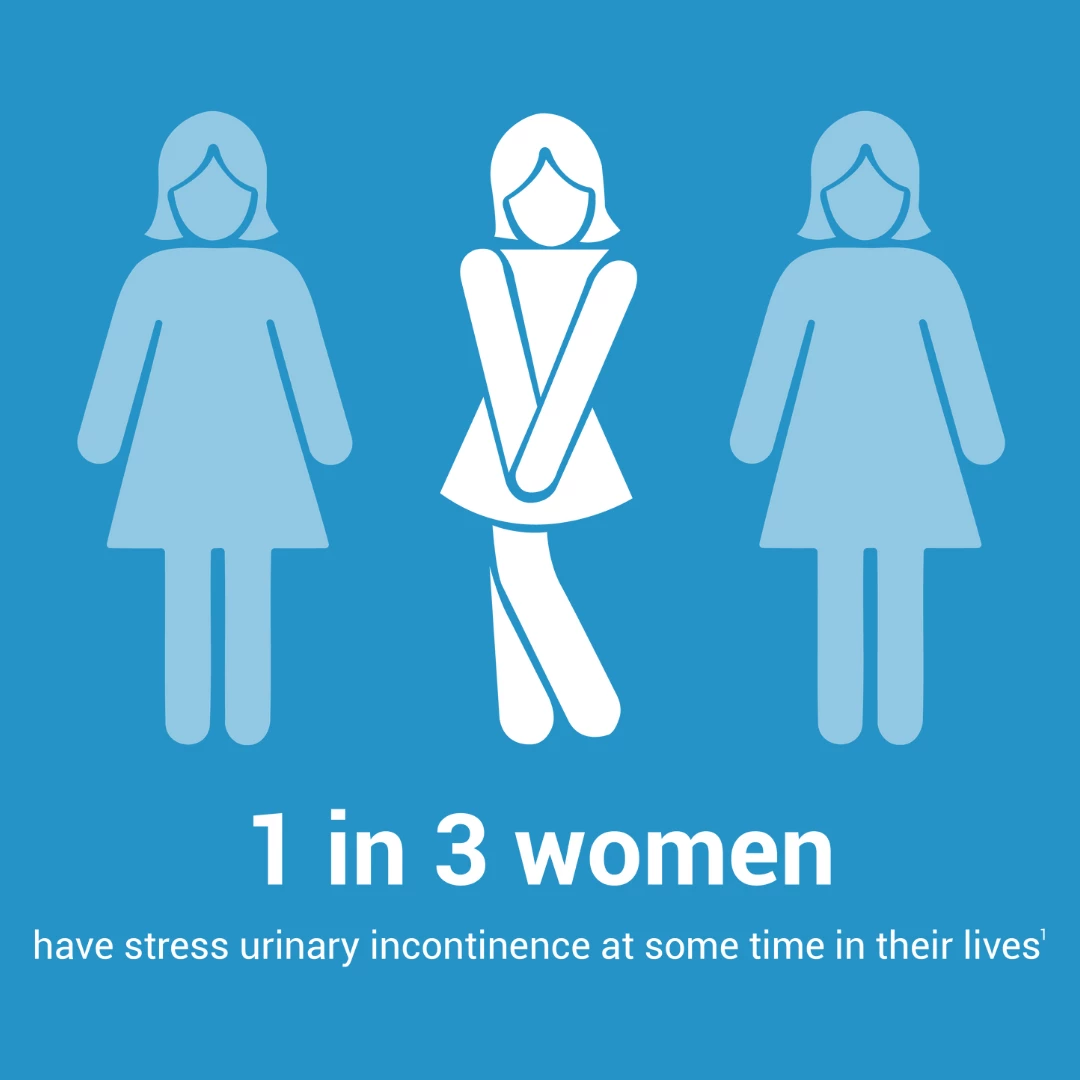
Partner Article
Leading North East consultant joins industry debate about dramatic fall in referrals for SUI treatment
A treatment that is routinely offered to women across the NHS has come under the spotlight with the findings of a pioneering new study published in the acclaimed Journal of Urology.
The research is the ‘first study of its kind’ to challenge previous doubts over the efficacy of a minimally invasive treatment for stress urinary incontinence (SUI), known as bladder neck bulking.
This much anticipated study comes as medical experts across the industry confirm that procedures carried out for SUI in the UK have dropped from 16,000 annually (2010) to 6,000 (2018), with the decline starting in 2014 when the international “mesh story” first broke, then seeing a sudden and steady fall from 2016 onwards (when the scale of the issue reached the UK media).
Consultant Obstetrician and Gynaecologist, Nicola Dean, based at York Hospital, has warned that as long as the current ‘uncertainty’ on TVT continues, women will remain too scared to seek advice, letting their leaks significantly impact on their quality of life. She says; “Since 2017, we’ve seen a significant drop in women coming forward for treatments for incontinence. As a healthcare professional, committed to helping women regain their confidence following a diagnosis of stress urinary incontinence, it worries me that a growing number of women are seemingly avoiding asking for expert help, through fear or misinformation and missing out on the opportunity to explore other successful treatments.
The randomised control trial (RCT) of over 200 women assessed across a period of 12 months - showed that when followed up in a rigorous, study setting, complications with mid-urethral sling surgery using tension-free vaginal tape (TVT, also known as ‘mesh’) appear higher than previously thought (“common”) compared to treatment using a so-called “bulking agent” (a water-based gel).
The landmark study showed that whilst TVT-slings showed a better overall ‘satisfaction’ in outcome than bladder bulking, all serious complications were associated with TVT, whereas there were NONE for Bulkamid®(the current market leader).
92% of patients were cured or improved with Bulkamid®, the highest ever figure recorded in published data.
Over the past 2 years there has been an unprecedented level of campaigning and debate, highlighting the devastating adverse effects on some women following treatment using TVT-slings (or, mesh) for conditions such as prolapse or SUI. And, whilst official inquiries continue, the UK has seen a temporary suspension in the use of these sling procedures. As such, there has also been a huge push by the manufacturers of incontinence products encouraging women to turn to ‘pads and pants’ as a solution to their SUI - a strategy that has also led to complaint from the Royal College of Nursing to the advertising watchdog for trying to “normalise” the condition.
A new national opinion poll of 2,000 women commissioned just last month on behalf of the education campaign, “Control your Choice”, revealed that almost three quarters of women (72%) said they ‘felt embarrassed about wearing incontinence products’. Of these, 29% said it led to a fear of going out. 60% of all those questioned said they were concerned by about the environmental impact of incontinence pads.
And a previous survey, also commissioned by ‘Control Your Choice’ showed that almost half of those questioned (38%) admitted that the recent concerns about mesh would deter them from seeking any advice from a health professional about treatment options for SUI. This rose to 58% among women from the North East of England - the highest proportion amongst women in any region of the UK.
According to the survey findings, just 10% of women in Yorkshire and the Humber have sought help from a healthcare professional for bladder leakage, a significantly lower proportion than women in the UK as a whole (20%).
Miss Dean adds, “The published results of this new trial, underline the fact that women do have a choice and they must be encouraged to use that choice. For some, specialist physiotherapy and guided pelvic floor exercises will make the world of difference. However, when these conservative therapies fail, women should not simply be faced with the prospect of pads. This paper supports our own practice here in our department that bladder bulking can be offered as a safe, first line procedure for primary SUI treatment due to the high satisfaction of patients and low complications associated with bladder bulking.
SUI is a common condition, affecting an estimated 30% of women worldwide. Two thirds of women suffering from SUI are undiagnosed. It can occur at any stage of life, with risk factors including pelvic problems from pregnancy, childbirth, obesity, menopause and ageing.
This was posted in Bdaily's Members' News section by Jo Hudson .
Enjoy the read? Get Bdaily delivered.
Sign up to receive our popular Yorkshire & The Humber morning email for free.








 Navigating the messy middle of business growth
Navigating the messy middle of business growth
 We must make it easier to hire young people
We must make it easier to hire young people
 Why community-based care is key to NHS' future
Why community-based care is key to NHS' future
 Culture, confidence and creativity in the North East
Culture, confidence and creativity in the North East
 Putting in the groundwork to boost skills
Putting in the groundwork to boost skills
 £100,000 milestone drives forward STEM work
£100,000 milestone drives forward STEM work
 Restoring confidence for the economic road ahead
Restoring confidence for the economic road ahead
 Ready to scale? Buy-and-build offers opportunity
Ready to scale? Buy-and-build offers opportunity
 When will our regional economy grow?
When will our regional economy grow?
 Creating a thriving North East construction sector
Creating a thriving North East construction sector
 Why investors are still backing the North East
Why investors are still backing the North East
 Time to stop risking Britain’s family businesses
Time to stop risking Britain’s family businesses